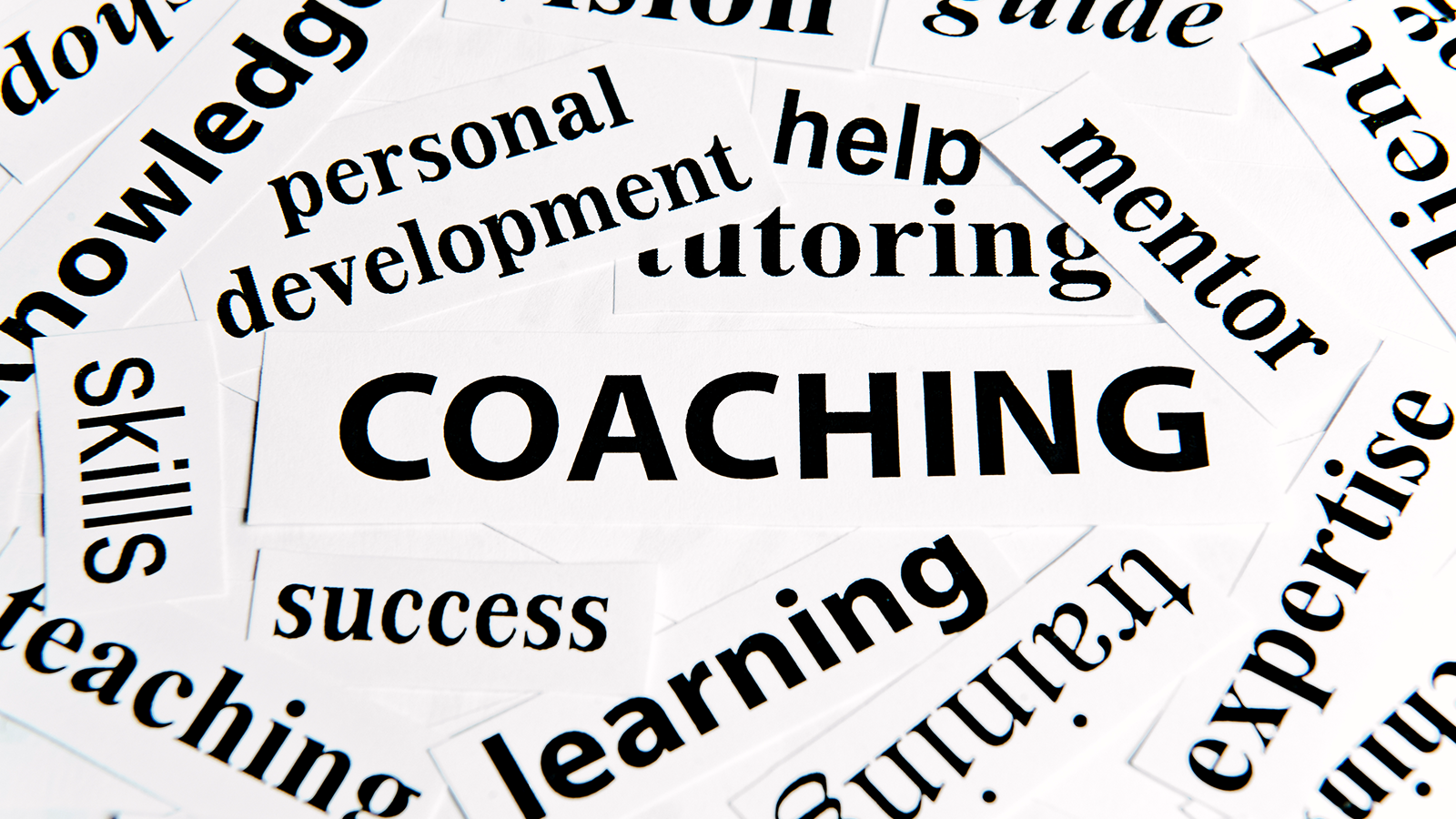
Serena Williams, Tom Brady, and Michael Jordan have many things in common. They are all considered the greatest in their sports or even the greatest athletes of all time. However, that is not the commonality that draws my focus.
As premier athletes, to be at the top of their games consistently, they needed a coach to guide them every step of the way. Needing a coach is also a necessity for our teachers. For them to impact student success, a coach is of the most importance. As an educator, I have had the honor of both having and being an instructional coach. To ensure that you are successful in your role as an instructional coach, I believe it is essential to understand the what, the why, and the how in instructional coaching. Along with determining those components, an instructional coach must also understand best practices and seek coaching experts to build capacity.
What is instructional coaching?
Before we can get to the what regarding instructional coaching, we must define it. In “What Do Instructional Coaches Do?,” Jim Knight says, “Instructional coaching is when coaches partner with teachers to analyze current reality, set goals, identify and explain teaching strategies to hit the goals and provide support until goals are met” (2018). During the instructional coaching webinar, when participants were asked to list characteristics of an instructional coach, nearly all of their responses were in line with Knight’s definition. When asked which words from Knight’s definition resonated with them, they stated partner, analyze, strategies, and goals.

Photo: iStock by Getty Images
How does instructional coaching look?
Diane Sweeney characterizes coaching as student centered, relationship centered, or teacher centered. These three characteristics are examples of three coaching roles. Sweeney’s book on coaching, titled Student-Centered Coaching: The Moves, coauthored by Leanna Harris, highlights the effectiveness of those three roles. These roles significantly impacted my work as a social studies instructional coach and showed me how instructional coaching looks. In her book, she shares how each coaching style impacts student success. Student-centered coaching is only one of many coaching models that an instructional coaching program can use. Leaders of instructional coaches must determine which model is the most impactful for their organization. Whatever coaching model, individuals may move between multiple coaching roles depending on the learning environment. Following Sweeney’s model, it was common practice for me to switch roles depending on the needs of the campus, teachers, and students. As an instructional coach, it is a top priority to set goals for coaching cycles that include a minimum of one weekly planning conversation to look at student work and design upcoming instruction and three times per week for in-classroom coaching support.
Why do we need instructional coaches?
Instructional coaches can act as sounding boards, provide different perspectives on best practices and instruction, and help students and teachers grow. We need instructional coaches to ensure that student mastery takes place daily while also building the capacity of teachers so that they can become more comfortable in their role as content and instructional experts. Instructional coaches are essential in moving the needle as they help teachers apply the learning they received from professional development and model routines and strategies that may seem too tasking for teachers.

What is your why?
My own why was to ensure that students were successful in social studies to take the skills they learned and become informed and engaged citizens. It then evolved to ensure that teachers help students succeed in social studies and become engaged and informed citizens. If you are a new instructional coach, I want you to consider your why. Why did you take on this role that is sometimes thankless or overlooked? Several coaches shared why their North Star keeps them going when the coaching role becomes frustrating or overwhelming. Your why may evolve as you gain more experience; however, the core belief that anchors it will likely remain consistent. After you develop your why, consider the following questions:
- What coaching model should I use?
- How do I overcome resistance from both teachers and administrators?
- Does the instructional coaching model selected align to the overall vision and mission of the district or campus?
- What resources will I need to build my capacity as an instructional coach?
Now what?
Instructional coaches play a vital in the development and building of teacher capacity. That development, if done correctly, will transfer to student success. The development that instructional coaches impact is not only limited to teachers. With the right skills and through reflection, instructional coaches have the ability to make a positive impact on instructional outcomes for all stakeholders.
Seeking more professional learning resources?
See what our professional learning department can do for your teaching
Brandon Brewton knows the importance of being a lifelong learner. Entering his tenth year in education, Brandon has a wealth of experience that has allowed him to impact the growth and development of both students and teachers across the Houston area. Brandon has taught social studies at both the elementary and secondary levels. He’s also served as a district instructional coach and is currently a secondary social studies coordinator, where he focuses on the development of curriculum and instructional coaches. With a BA in political science and a master’s degree in curriculum and instruction, Brandon is currently in the process of completing his doctorate in education, with an expected graduation date of September 2023.
